
Nicholas I was Emperor of Russia, King of Congress Poland and Grand Duke of Finland. He was the third son of Paul I and younger brother of his predecessor, Alexander I. Nicholas's reign began with the failed Decembrist revolt. He is mainly remembered in history as a reactionary whose controversial reign was marked by geographical expansion, centralisation of administrative policies and repression of dissent. Nicholas had a happy marriage that produced a large family; all of their seven children survived childhood.

Alexis Charles Henri Clérel, comte de Tocqueville, usually known as just Tocqueville, was a French aristocrat, diplomat, political scientist, political philosopher and historian. He is best known for his works Democracy in America and The Old Regime and the Revolution (1856). In both, he analyzed the living standards and social conditions of individuals as well as their relationship to the market and state in Western societies. Democracy in America was published after Tocqueville's travels in the United States and is today considered an early work of sociology and political science.
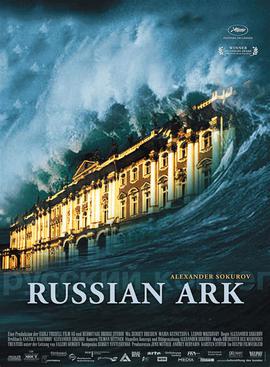
Russian Ark is a 2002 experimental historical drama film directed by Alexander Sokurov. The plot follows an unnamed narrator, who wanders through the Winter Palace in Saint Petersburg, and implies that he died in some horrible accident and is a ghost drifting through. In each room, he encounters various real and fictional people from various periods in the city's 300-year history. He is accompanied by "the European", who represents the Marquis de Custine, a 19th-century French traveler.

De la démocratie en Amérique is a classic French work by Alexis de Tocqueville. Its title can be translated literally as Of Democracy in America. In the book, Tocqueville examines the democratic revolution that he believed had been occurring over the previous several hundred years.
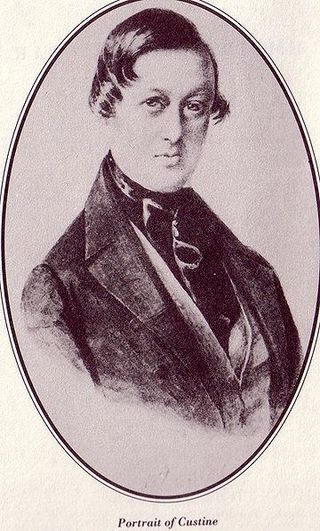
Astolphe-Louis-Léonor, Marquis de Custine was a French aristocrat and writer who is best known for his travel writing, in particular his account of his visit to Russia, La Russie en 1839. This work documents not only Custine's travels through the Russian Empire, but also the social fabric, economy and way of life during the reign of Nicholas I.

Henri Troyat was a Russian-born French author, biographer, historian and novelist.
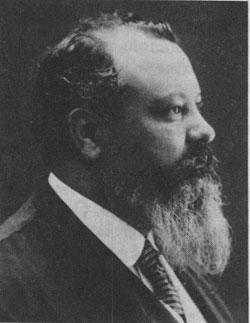
Gérard Anaclet Vincent Encausse, whose esoteric pseudonyms were Papus and Tau Vincent, was a French physician, hypnotist, and popularizer of occultism, who founded the modern Martinist Order.
Nicholas Romanovich Romanov was a claimant to the headship of the House of Romanov and president of the Romanov Family Association. Although undoubtedly a descendant of Tsar Nicholas I of Russia, his claimed titles and official membership in the former Imperial House were disputed by those who maintained that his parents' marriage violated the laws of the Russian Empire.

The Battle of Krasnoi unfolded from 15 to 18 November 1812 marking a critical episode in Napoleon's arduous retreat from Moscow. Over the course of six skirmishes the Russian forces under field marshal Kutuzov inflicted significant blows upon the remnants of the Grande Armée, already severely weakened by attrition warfare. These confrontations, though not escalated into full-scale battles, led to substantial losses for the French due to their depleted weapons and horses.

The Monument to Nicholas I is a bronze equestrian monument of Nicholas I of Russia on St Isaac's Square in Saint Petersburg, Russia. It was created by French sculptor Auguste de Montferrand and unveiled on July 7 [O.S. June 25] , 1859, the six-meter statue was considered a technical wonder at the time of its creation. It is one of only a few bronze statues with only two support points.

The Willy–Nicky correspondence was a series of messages relayed between Wilhelm II, German Emperor, and Nicholas II, Emperor of All Russia during the first months of the First World War.
Jean-Marie Chopin was a French-Russian explorer of the Caucasus. Son of a French sculptor and employed by Catherine II of Russia, Chopin began his career as secretary and librarian to Prince Alexander Kurakin, Russian ambassador to France for 12 years. In 1812 Chopin and Kourakin returned to Russia; after the death of his patron in 1818 Chopin settled in Paris.
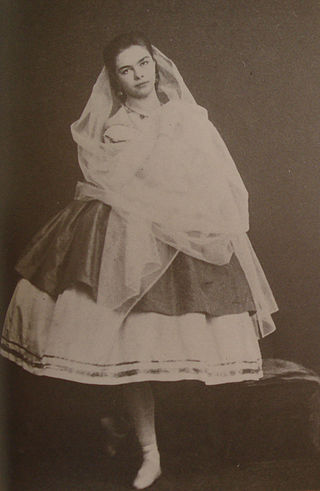
Catherine Gavrilovna Chislova was a Russian ballerina. She was the mistress of Grand Duke Nicholas Nikolaevich; they had five children.

Count Anatoly Nikolaievich Demidov, 1st Prince of San Donato was a Russian industrialist, diplomat and arts patron of the Demidov family.
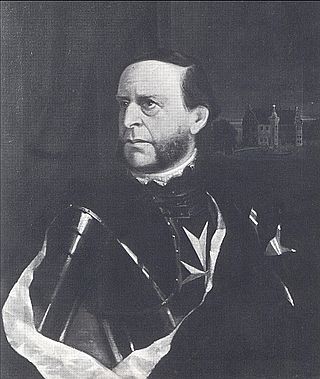
August Franz Ludwig Maria, Baron von Haxthausen-Abbenburg was a German agricultural scientist, economist, lawyer, writer, and collector of folk songs, best known for his account of conditions in Russia as revealed by his 1843 visit.
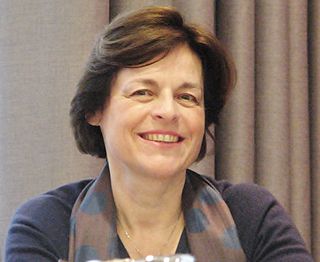
Dr. Marie Mendras is a political scientist in the field of Russian and post-Soviet studies. She is a research fellow with the Centre national de la recherche scientifique (CNRS) and a professor at Sciences Po University’s School of International Affairs in Paris.

Count Adam Gurowski was a Polish-born author who emigrated to the United States in 1849.
Charles François Philibert Masson was a Frenchman who is notable for the books that he published. His Secret Memoirs of the Court of St Petersburg described the court of Catherine the Great and Paul I of Russia. They are still in print.
Hippolyte Auger, born Hippolyte Augé, 25 May 1796 in Auxerre and died 5 January 1881 in Menton, was a French writer, Russian translator, and editor of the Journal de Saint Pétersbourg.
Robert-Aloys Mooser, was a Swiss musicologist and music critic. He is the author of reference works on the history of the music of Russia.















